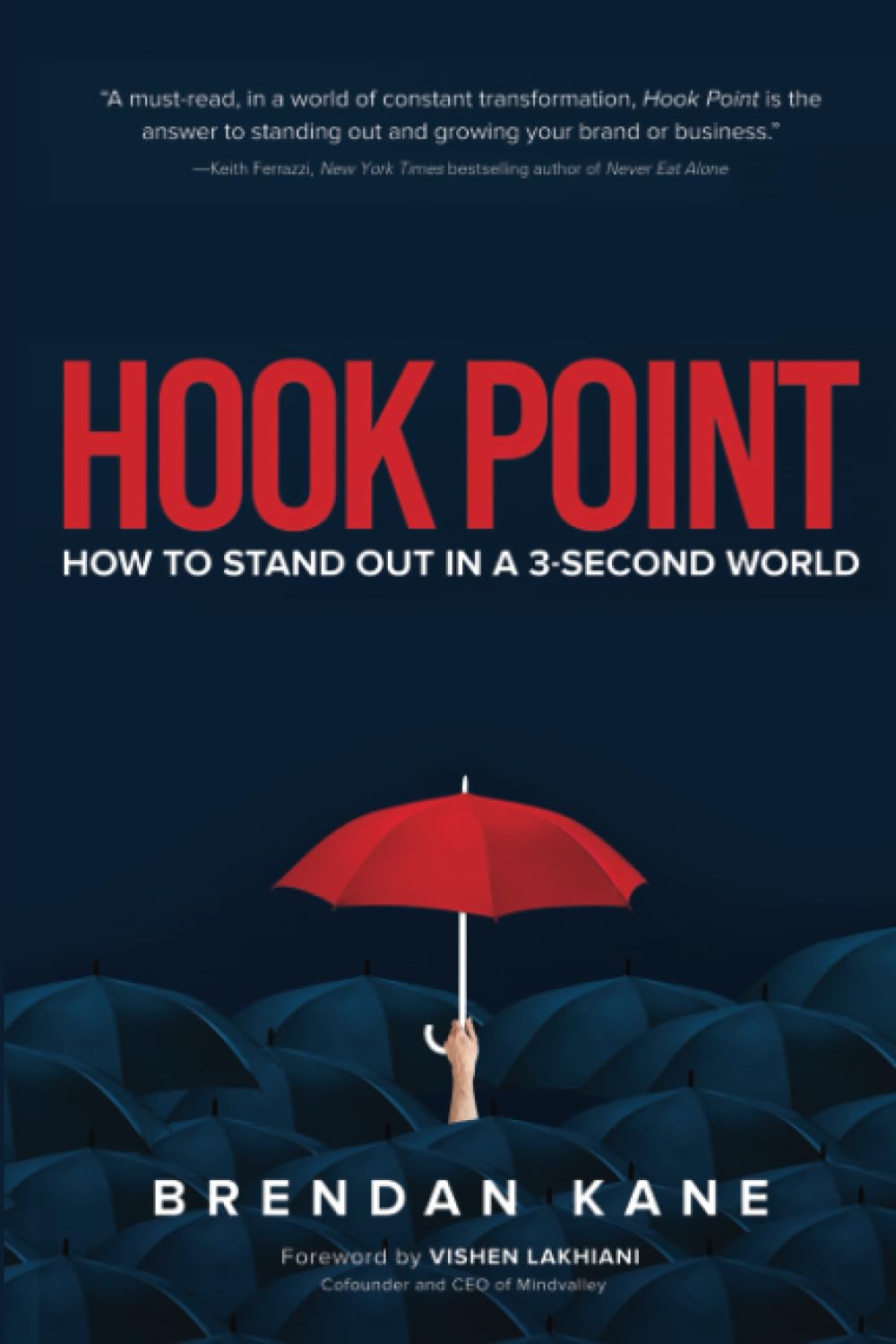Unlocking Success: Key Lessons from the University Startup Pitch Event
In the dynamic world of entrepreneurship, startups continuously seek innovative ways to carve out their niche and make a lasting impact. Recently, a competitive pitch event featuring startups from the University of Michigan and the University of Illinois Urbana-Champaign provided a treasure trove of insights and strategies for indie hackers and small startups. Here's a look at the key takeaways that emerged from this inspiring event.
By startupideas.app • 11/14/2024
.jpg?alt=media&token=f204f16a-60e3-4b3f-b88c-7a7092d2e863)
1. Building a Strong Community and Network
One of the primary themes of the event was the undeniable power of community-driven initiatives. The Power Hour, a clandestine group for college entrepreneurs, emphasized how crucial networking and community support are in fostering innovation. For young entrepreneurs, building a robust network can provide not only support but also valuable opportunities for collaboration and growth.
2. Addressing Specific Market Needs
A successful startup begins with identifying and solving real-world problems. This event showcased several startups that excelled in recognizing and addressing market needs:
- Meet Your Class tackled the "summer melt" issue for colleges, demonstrating the importance of understanding customer pain points.
- Metafrazo focused on reducing the complexities and costs of dubbing in education, highlighting the potential of offering cost-effective solutions in underserved markets.
These examples underscore the significance of deeply understanding and addressing specific customer needs to create impactful solutions.
3. Harnessing the Power of Personal Stories
Storytelling can be a powerful tool in business pitches. Brother Nuts leveraged the founders' personal story about their father's health journey to create a compelling narrative around their healthy snack business. Personal stories not only humanize a brand but also help build emotional connections with customers and investors, making the pitch more memorable and engaging.
4. Innovating Through Product Differentiation
In a crowded market, differentiation is key. Startups like Tour and Milieu demonstrated how unique product features can set a business apart:
- Tour revolutionized the apartment leasing experience using AI, illustrating the importance of leveraging technology for innovation.
- Milieu offered personalized skincare based on microbiome analysis, tapping into the trend of hyper-personalized consumer products.
These innovations highlight the necessity of offering unique solutions that address specific consumer preferences.
5. Financial Management and Bootstrapping
Financial discipline is crucial for startup success. Startups like Meet Your Class stressed the importance of bootstrapping and reinvesting profits back into the business. For indie hackers, maintaining financial discipline and strategically reinvesting profits can sustain growth and stability without relying heavily on external funding.
6. Strategic Sales and Go-to-Market Approaches
Effective sales strategies can make or break a startup. Tour's use of AI to automate the apartment touring process showcases how technology can enhance sales processes. Similarly, Metafrazo's focus on educational content creators as an initial market demonstrates the value of targeting niche markets before expanding. A well-thought-out go-to-market strategy can help startups gain traction and establish a foothold in competitive industries.
7. Navigating Competitive Markets
Startups like Pathlit, which ventured into the AI-driven email management sector, highlight the challenges of entering competitive markets. Success in such environments requires a clear value proposition and differentiation from major players. Understanding the competitive landscape and offering unique solutions are essential for standing out.
8. Embracing Feedback and Iteration
Finally, the feedback from event judges emphasized the importance of being open to criticism and iterating on business models. Real-world insights and expert advice can significantly refine a startup's approach, ensuring it remains responsive to market demands.
"In conclusion, the startup pitch event provided a wealth of strategies and lessons for aspiring entrepreneurs. From the importance of community and understanding market needs to leveraging personal stories and maintaining financial discipline, these insights can guide indie hackers and small startups on their journey to success. By embracing innovation, strategic planning, and continuous improvement, these startups are well-equipped to navigate the ever-evolving entrepreneurial landscape."
Watch The Video

Hook Point: How to Stand Out in a 3-Second World
Hook Point: How to Stand Out in a 3-Second World, by out of the box thinker Brendan Kane, breaks down the most effective strategies to generate new opportunities, innovate and scale your business, and create a compelling brand—both online and off—so you can thrive in the new micro-attention world in which we live.